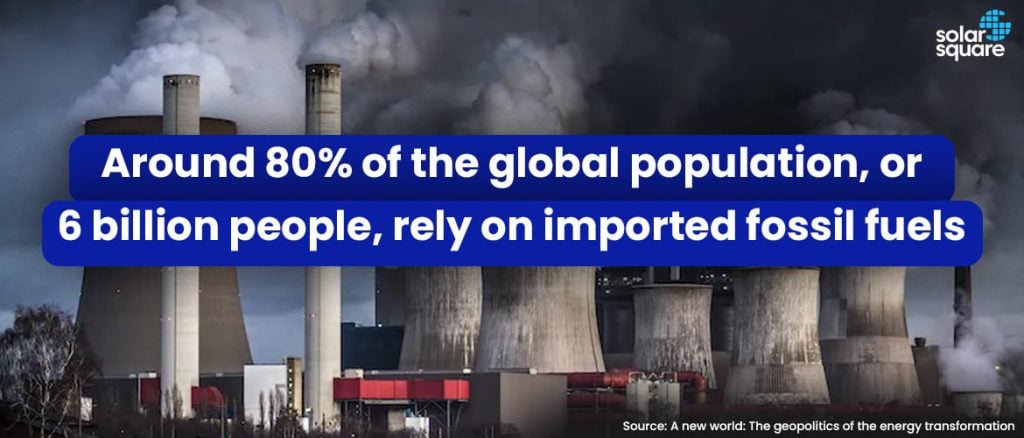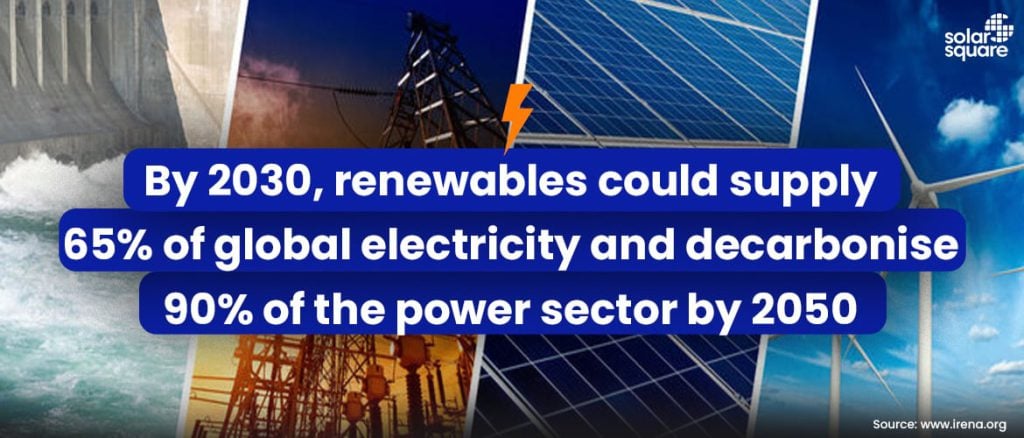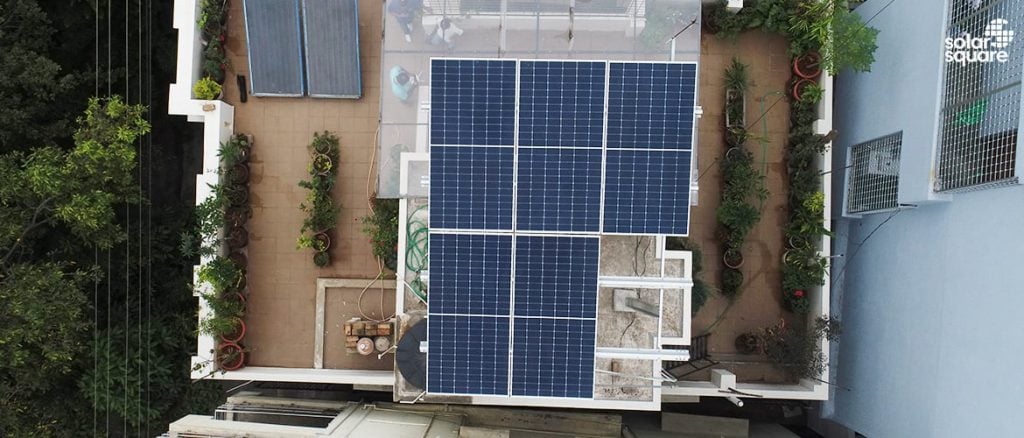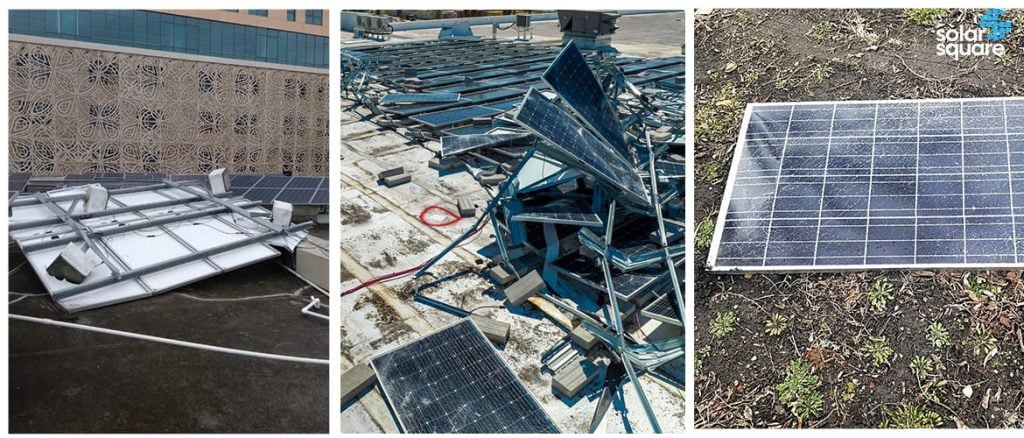
Climate change is the biggest elephant in the room. World leaders acknowledge it, but often fail to achieve their promises. The consequences of this environmental disaster affect the population at large with little to no remedy. Considering the challenges that follow, taking bold and decisive action to combat climate change is necessary.
The recent ruling by the Supreme Court of India is a major step towards making governments accountable for combating the climate crisis. It recognises freedom from climate change as a fundamental human right, marking a pivotal moment in the global fight against this phenomenon.
According to the verdict on April 6, this right is confirmed by the provisions outlined in Article 14, which pertains to the right to equality, and Article 21, which relates to the right to life.
This landmark decision is a significant step forward in environmental law and underscores the urgent need for collective action to address the impacts of climate change on human life.
Understanding the Supreme Court Ruling
The profound implications of climate change on health include pollution, diseases, extreme weather conditions, and food and water shortages. These factors affect poorer communities the hardest, broadening social and economic disparities.
The court has affirmed the interconnectedness between environmental protection and human rights by acknowledging the right to be free from climate change. This decision aligns with international legal frameworks and sets a precedent for future litigation related to climate change worldwide.
Energy production and consumption are at the epicentre of this climate crisis, and hence larger solutions revolve around it.

Around 80% of the global population, or 6 billion people, rely on imported fossil fuels, making them vulnerable to geopolitical issues. However, to contribute to a shift away from fossil fuels, IRENA estimates that 90% of global electricity must come from renewables by 2050.
Furthermore, in 2022, $7 trillion was spent on fossil fuel subsidies, including tax breaks and unpriced environmental costs. To reach net-zero emissions by 2050, $4.5 trillion annually needs to be invested in renewable energy until 2030.
By 2030, renewables could supply 65% of global electricity and decarbonise 90% of the power sector by 2050, greatly cutting carbon emissions.

Shreya Mishra, Co-Founder of SolarSquare, expressed her thoughts on this critical ruling stating, “The transition of energy from fossil-fuel-based to renewable energy is an important and urgent mandate for the world to beat irreversible damage from climate change. This judgement from the Supreme Court of India is a landmark judgement recognising access to clean energy and solar power as a fundamental right to life.
This announcement is the bold push we need to accelerate the adoption of clean energy and eliminate any Bureaucratic, political or policy roadblocks that can come in the way of accelerating clean energy adoption.”
Role and Adoption of Solar Panel Systems
Transitioning to solar energy is a proactive step forward in combating the effects of climate change. The Indian government has augmented this transition through subsidies, making solar power more accessible and affordable for households nationwide.
Harnessing the abundant energy from the sun reduces reliance on fossil fuels and decreases carbon emissions, contributing to a cleaner, more sustainable future. Additionally, the cost of solar power dropped by 85% between 2010 and 2020.
Embracing solar power at the individual level provides control of one’s electricity consumption and contributes towards collective efforts to address climate change.

Through widespread adoption of solar panel systems, communities can significantly reduce their environmental footprint and pave the way for a greener and cleaner planet. There are certain challenges albeit they allow for newer opportunities to flourish.
Challenges and Opportunities Ahead
Myths and Misinformation
Some vendors spread false ideas about solar panels, like promising huge savings that aren’t realistic like making fake guarantees about how well the system will work, solar systems don’t require maintenance or anybody can do maintenance. This makes it hard for people to trust the solar market.
Non-Engineered Solutions
Some vendors without proper training or qualifications offer poorly designed or installed solar systems. This can lead to problems with performance, reliability and longevity.

Lack of Trust
Because of the above issues, many people hesitate to invest in solar energy, fearing they might not get what they’re promised.
Opportunities
Trusted Providers
Companies with good reputations and expertise can set the record straight and offer reliable solar solutions. Working with these trusted vendors can give consumers peace of mind.
Increasing Demand
As more people realise the benefits of solar energy for the environment and their wallets, the demand for solar panels is growing. This creates a big opportunity for the solar industry to grow and improve.
The Way Forward
The Supreme Court’s decision on the right to be free from climate change is a strong message for action. It highlights the importance of putting environmental protection and human rights first when drafting policies.
As we confront the existential threat of climate change, solar energy emerges as a beacon of hope. By embracing solar power and upholding fundamental rights, we can pave the way towards a more sustainable and resilient future for all.
Contact us today to learn more about SolarSquare’s solar installations and how you can contribute towards combating climate change.
